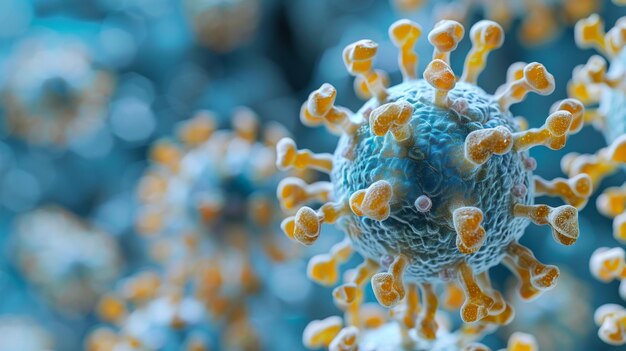Recent Surge in the US
The US Centers for Disease Control and Prevention (CDC) has reported a significant rise in norovirus outbreaks during the winter of 2024. In the week of December 5, there were 91 outbreaks, up from 69 the previous week. Historically, early December records fewer than 65 outbreaks, making this increase notable.
What is Norovirus?
Norovirus is a highly contagious virus that causes acute gastroenteritis, characterized by sudden vomiting, diarrhoea, and abdominal cramps. Often referred to as the “stomach flu,” it is unrelated to influenza. No vaccines are currently available to prevent norovirus. Norovirus is the leading cause of foodborne illness globally and is particularly common in the United States.
Symptoms
- Sudden onset of vomiting
- Diarrhoea
- Nausea
- Stomach pain
- Fever, headache, and body aches (less common)
Symptoms typically develop 12 to 48 hours after exposure and last 1 to 3 days. Most individuals recover fully, but the virus can cause severe dehydration, especially in vulnerable groups.
Transmission
Norovirus spreads through:
- Person-to-person contact: Direct interaction, sharing utensils, or food.
- Contaminated food or water: Ingestion of food prepared by infected individuals.
- Surfaces: Contact with contaminated objects or surfaces. The virus can survive on surfaces for days.
Outbreaks are common in:
- Cruise ships
- Schools
- Nursing homes
- Prisons
Who’s at Risk?
- Young children: Higher risk of severe dehydration.
- Older adults (65+): Increased susceptibility to complications.
- Immunocompromised individuals: More likely to experience severe symptoms.
Impact in the US
- Annually, norovirus causes approximately 2,500 outbreaks, peaking from November to April.
- Responsible for 58% of foodborne illnesses in the US.
- Leads to 109,000 hospitalizations and 900 deaths annually.
Managing Symptoms
- Hydration: Drink water, oral rehydration solutions, or clear broths.
- Avoid: Coffee, tea, and alcohol as they may worsen dehydration.
- Seek Medical Attention: If severe dehydration occurs, marked by dry mouth, dizziness, or decreased urination.
Preventive Measures
- Hand Hygiene: Wash hands with soap and warm water for at least 20 seconds, especially after using the restroom or before meals.
- Disinfect Surfaces: Use household disinfectants on high-touch areas such as doorknobs and countertops.
- Safe Food Handling: Ensure proper cooking and handling of food to prevent contamination.
- Avoid Close Contact: Isolate infected individuals to limit spread in communal settings.
Relevance to UPSC CSE
- GS II (Health and Governance): Public health measures, disease control strategies.
- GS III (Science and Technology): Understanding virus behavior and preventive science.
- Essay: Topics on global health challenges and pandemic preparedness.
- Interview: Questions on public health infrastructure and strategies to combat outbreaks.
Also Read: India-Australia Economic Cooperation and Trade Agreement (ECTA) – Two Years of Progress
Disclaimer
This article is for educational purposes, focusing on the relevance of the topic for UPSC aspirants. Students should stay updated on further developments and refer to official sources for comprehensive preparation.
Follow Fusion IAS

